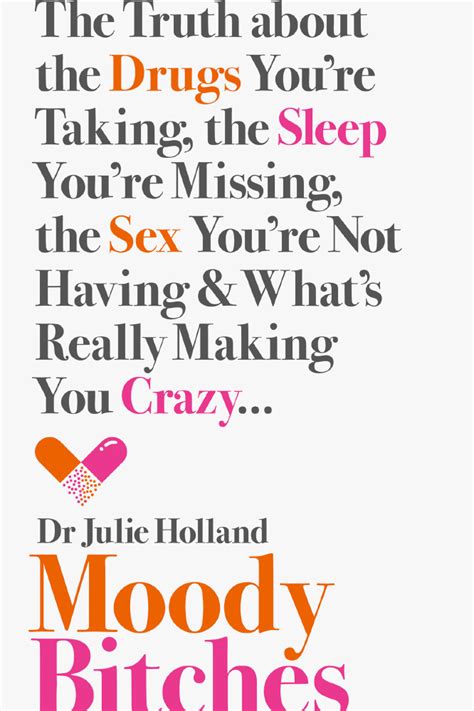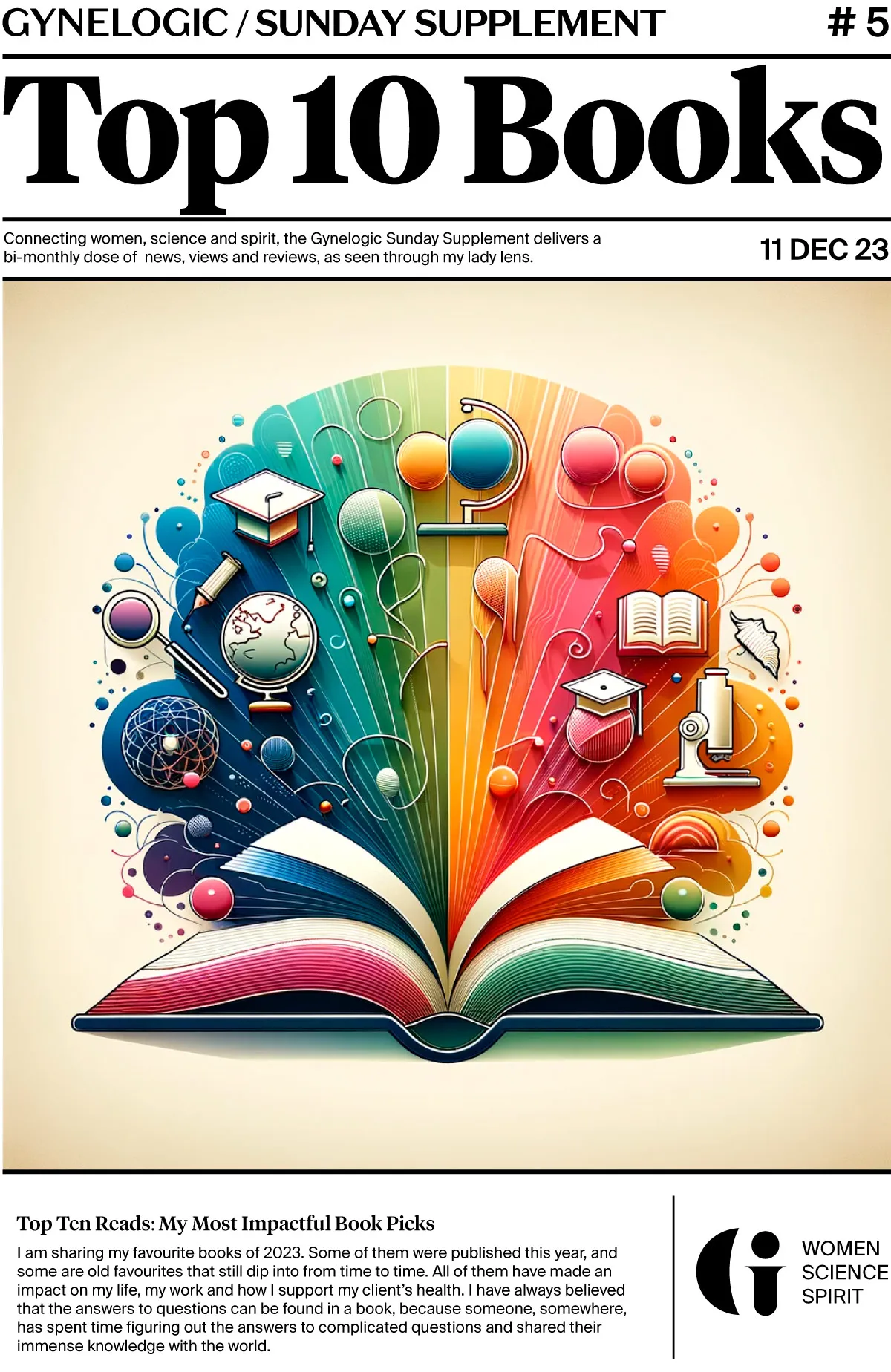Low estrogen levels can make women more vulnerable to trauma at some points in their menstrual cycles, while high levels of the female sex hormone can partially protect them from emotional disturbance, according to new research.
…Low estrogen levels can make women more vulnerable to trauma at some points in their menstrual cycles, while high levels of the female sex hormone can partially protect them from emotional disturbance, the research suggests.
Depression and anxiety disorders are twice as common in women as in men, but the reason for this gender difference is unclear. The new work, reviewed by Harvard’s Mohammed Milad and colleagues in a commentary, suggests that women are most at risk for symptoms of post-traumatic stress disorder (PTSD) when their estrogen is low during the menstrual cycle.
…Estrogen calms the fear response in healthy women and female rats, according to the Harvard researchers, who were led by Kelimer Lebron-Milad, an HMS instructor of psychiatry. The Emory researchers, led by postdoctoral researcher Ebony Glover, showed that the same is true for women suffering from PTSD. The higher the estrogen was in their blood when they trained on a fear-extinction task, the less likely women were to startle.
…PTSD is common in women after a trauma such as rape or sexual assault, which studies say are experienced by 25 to 30 percent of women in their lifetimes, and the symptoms last on average four times as long in women as in men after trauma. This new research suggests the reason for this susceptibility may be the monthly menstrual change in estrogen.







